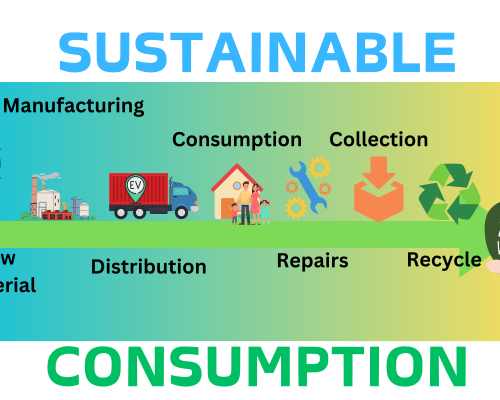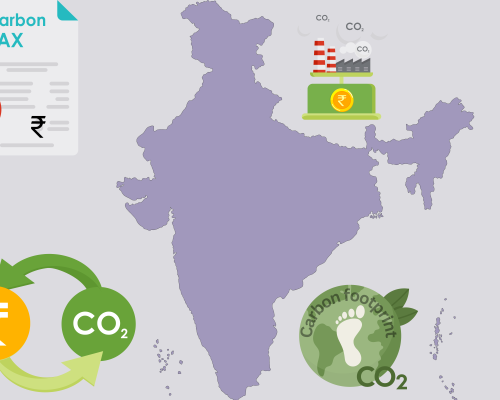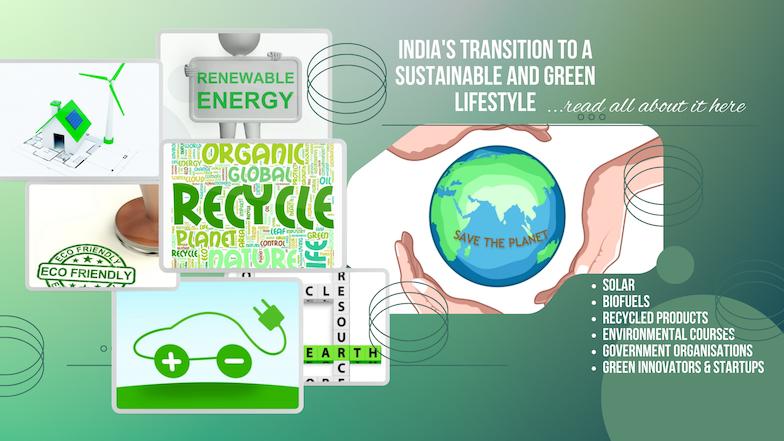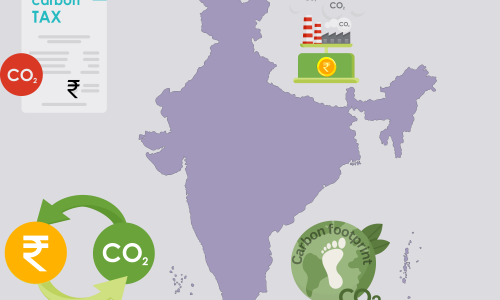India is home to over 1.3 billion people, and with such a large population comes a staggering amount of waste. According to a report by the Central Pollution Control Board (CPCB), India generates approximately 11000 billion tonnes of waste annually. This includes municipal solid waste, hazardous waste, biomedical waste, e-waste, and construction and demolition waste.
The issue of waste management in India is a complex and multifaceted problem. The CPCB report notes that only 22-28% of municipal solid waste is treated or disposed of in a scientific manner, leaving the rest to either pile up in landfills or be burnt in open areas. This not only leads to the release of harmful gases and toxins, but also poses a serious threat to public health.
To address this issue, the Indian government has initiated several programs to encourage waste segregation, recycling and proper disposal. The Swachh Bharat Abhiyan (Clean India Campaign) is a national mission launched in 2014 with the goal of making India clean and open defecation-free by 2019. The campaign aims to create awareness among the public about the importance of waste segregation and encourage citizens to dispose of their waste in a responsible manner.
In addition, the Indian government has also launched the Waste to Energy program, which aims to generate electricity from the waste that is produced. This program involves the installation of waste-to-energy plants that convert municipal solid waste into electricity. Currently, there are around 200 such plants in India, generating a total of 1127 MW of electricity.
Apart from these initiatives, there are also several private companies and NGOs working to address the issue of waste management in India. For instance, the Stree Mukti Sanghatana, a Mumbai-based NGO, has launched a project called “Kabaad se Jugaad” which aims to convert waste into useful products. Under this project, the NGO has set up small-scale waste management units that employ local women to segregate, recycle and create new products from the waste.
Another example is the Hasiru Dala Innovations, a social enterprise in Bangalore that works with waste pickers to ensure that waste is collected and processed in an efficient and sustainable manner. The enterprise has also set up a “Reuse Bazaar” that collects and sells second-hand goods, thus reducing the amount of waste that ends up in landfills.
While these initiatives are a step in the right direction, there is still a long way to go in terms of waste management in India. It is important for both the government and the public to work together to find sustainable solutions that will not only help in cleaning up the environment, but also create employment opportunities and improve the quality of life for citizens. By adopting responsible waste management practices, India can move towards a cleaner, greener and more sustainable future.
Regenerate response










